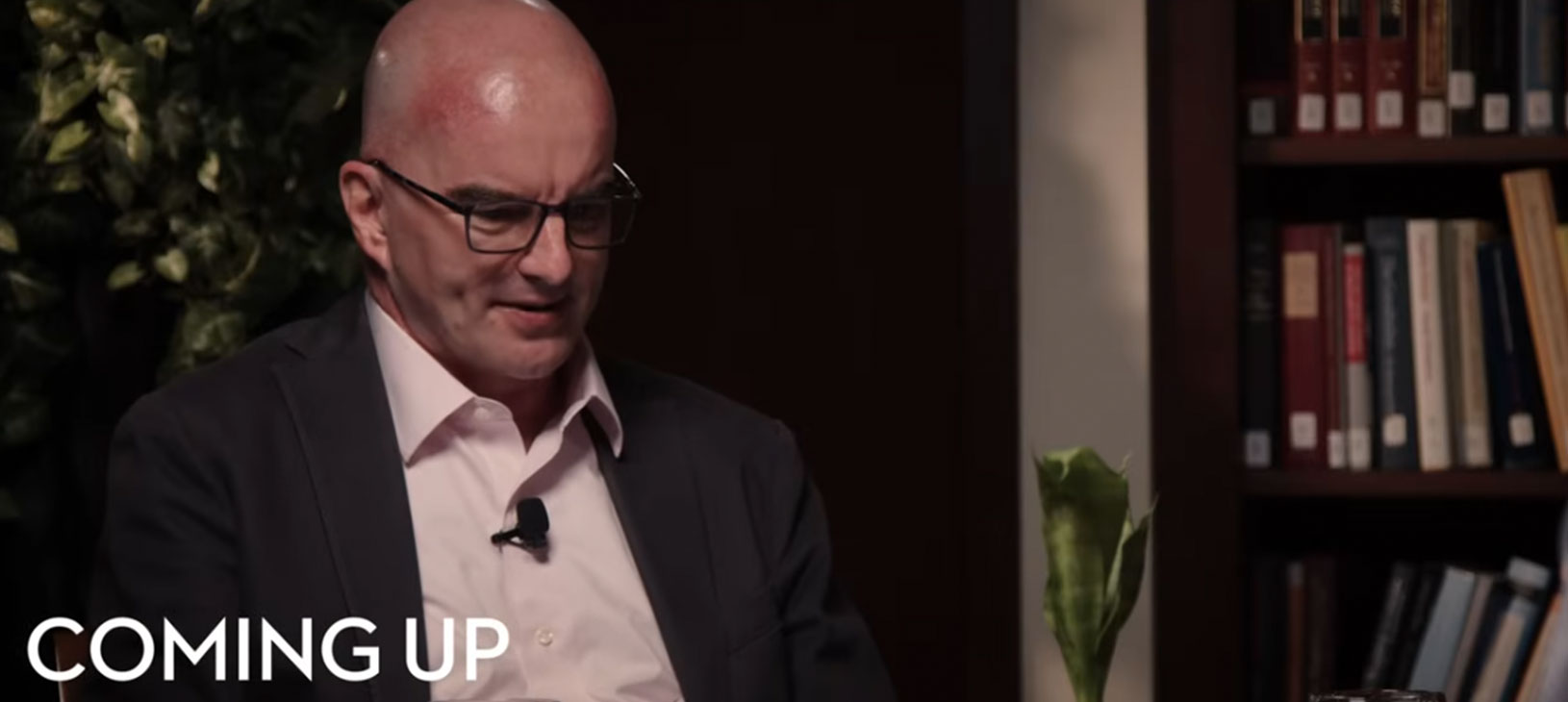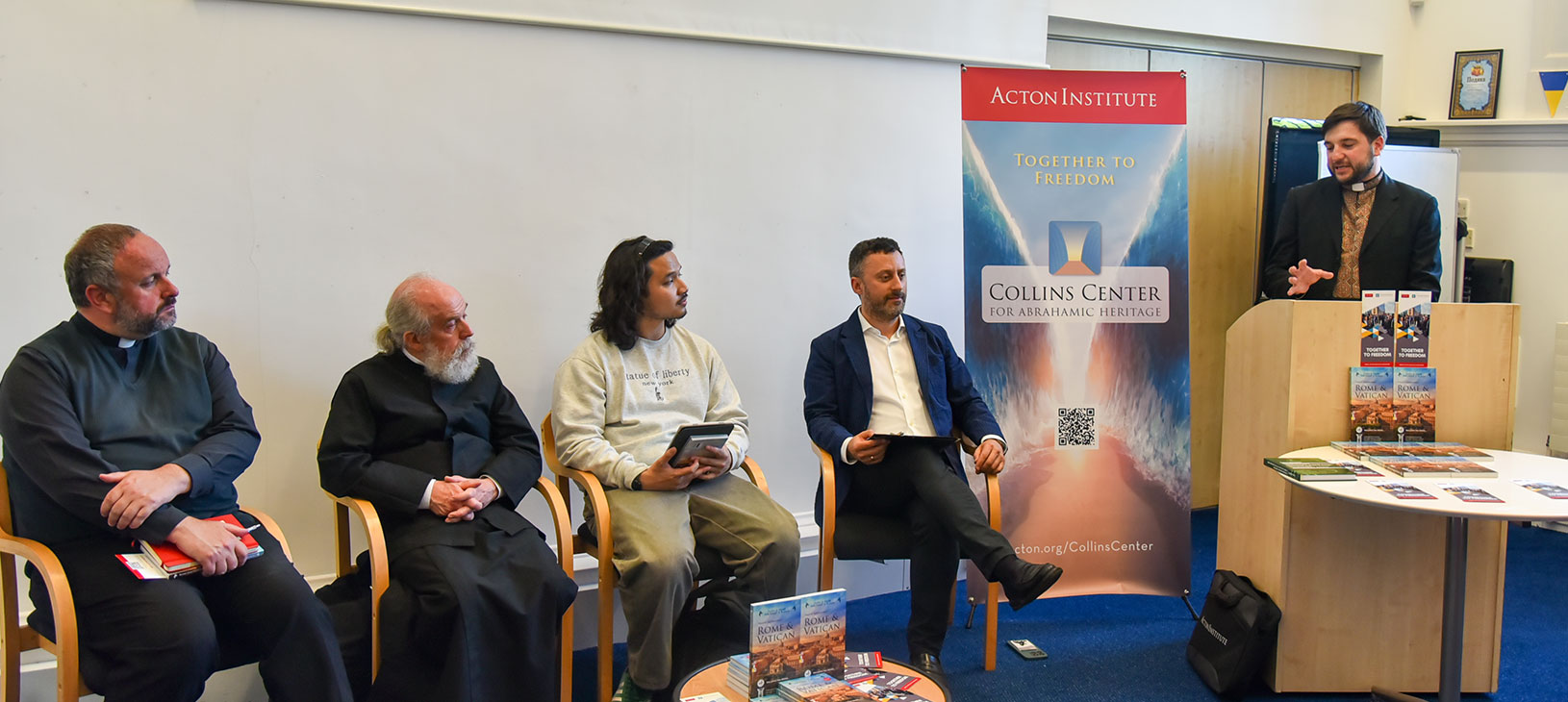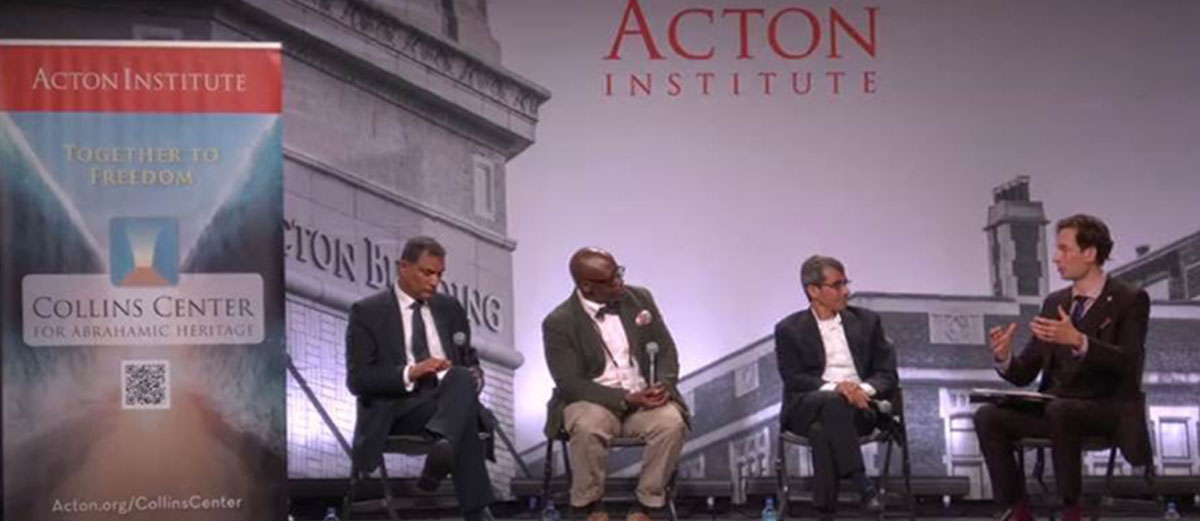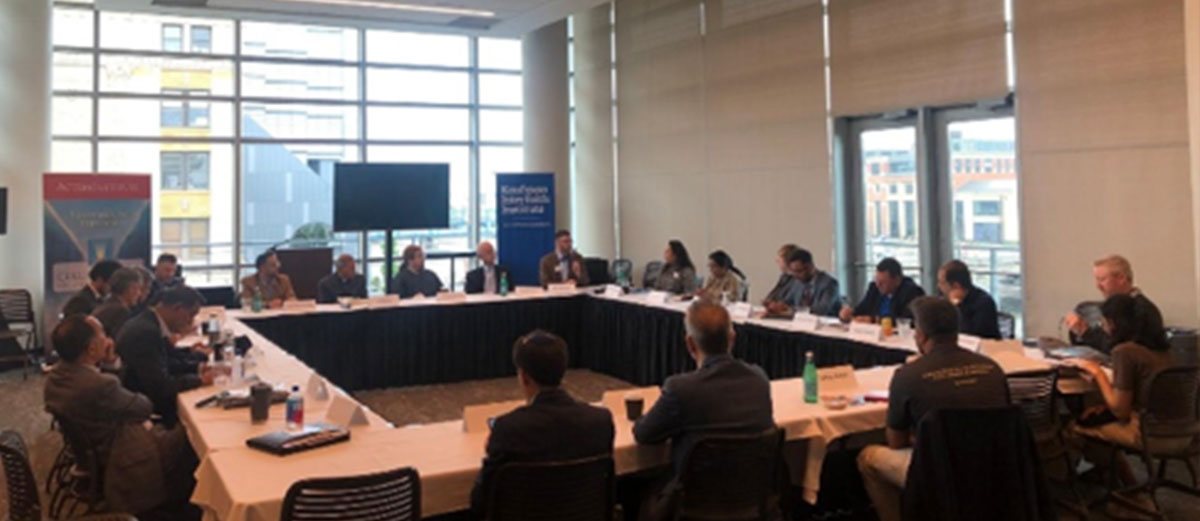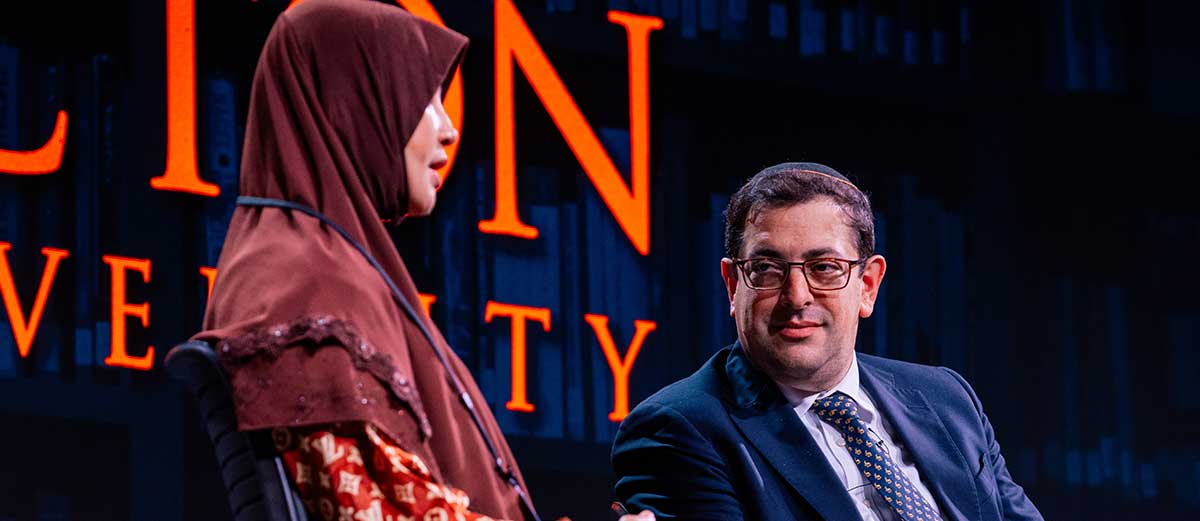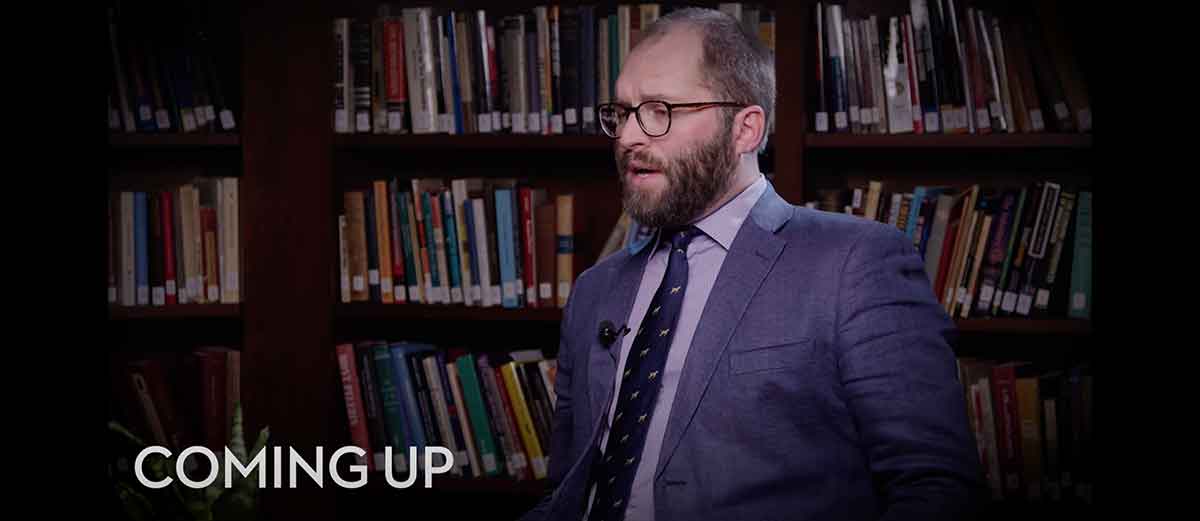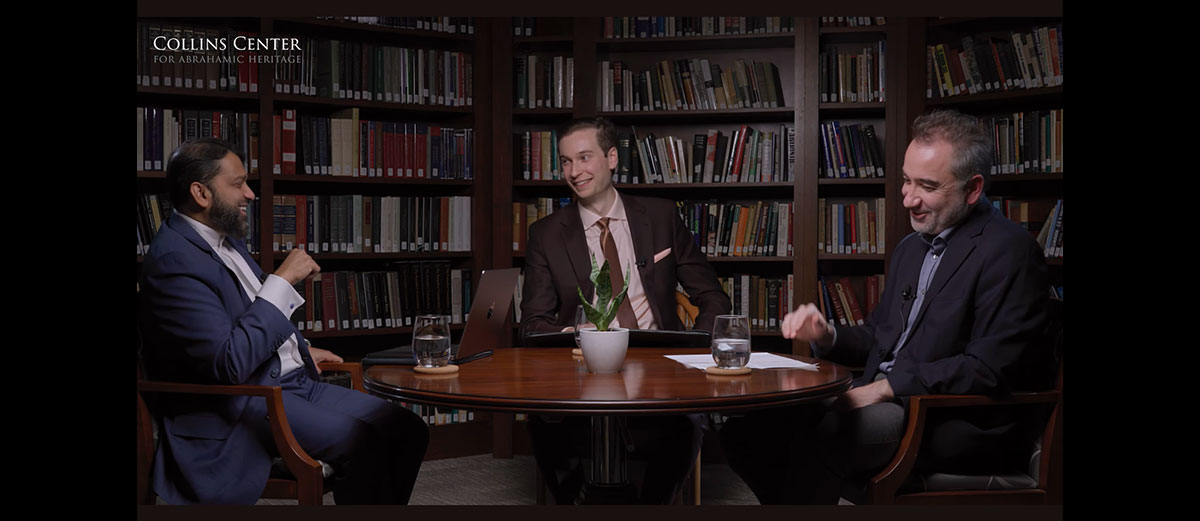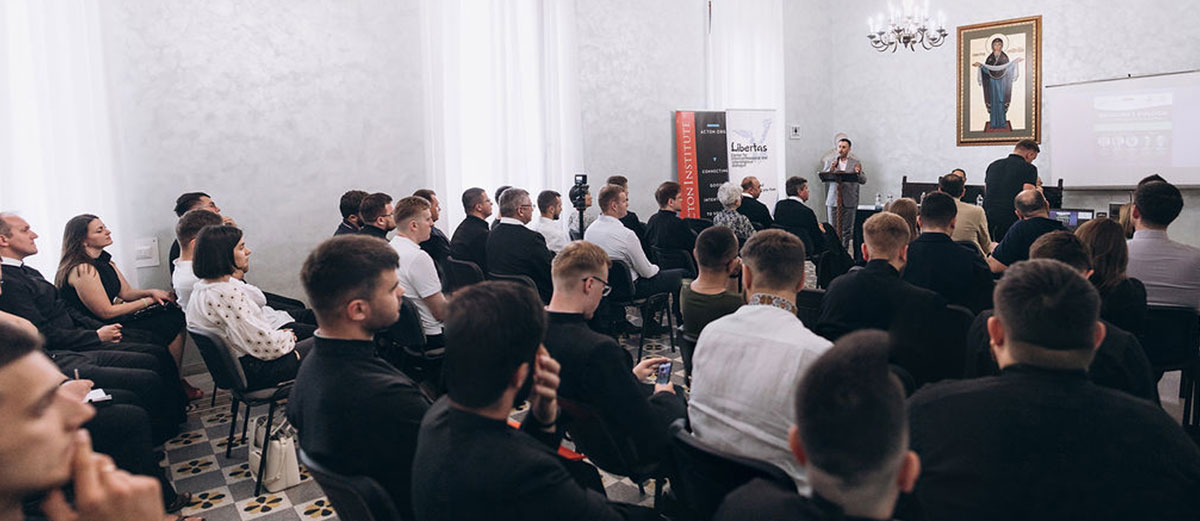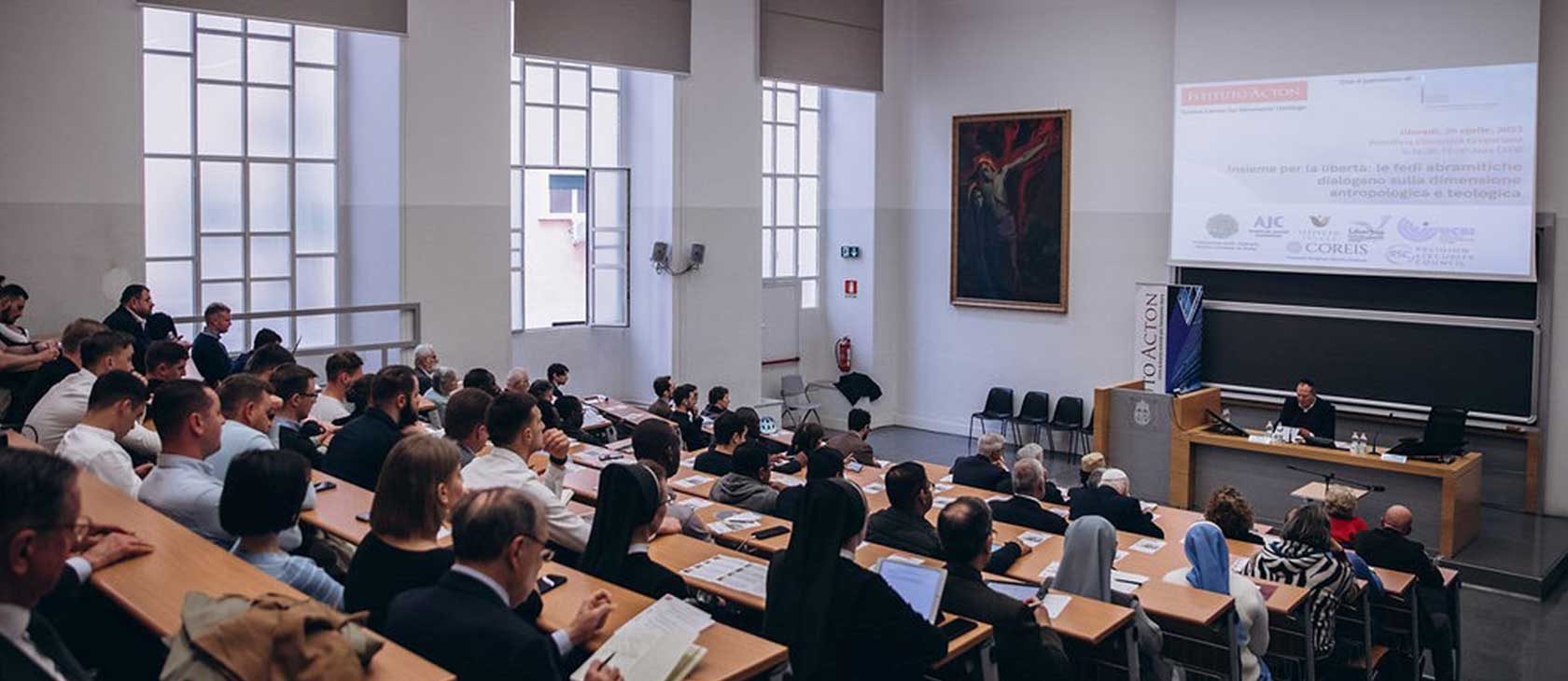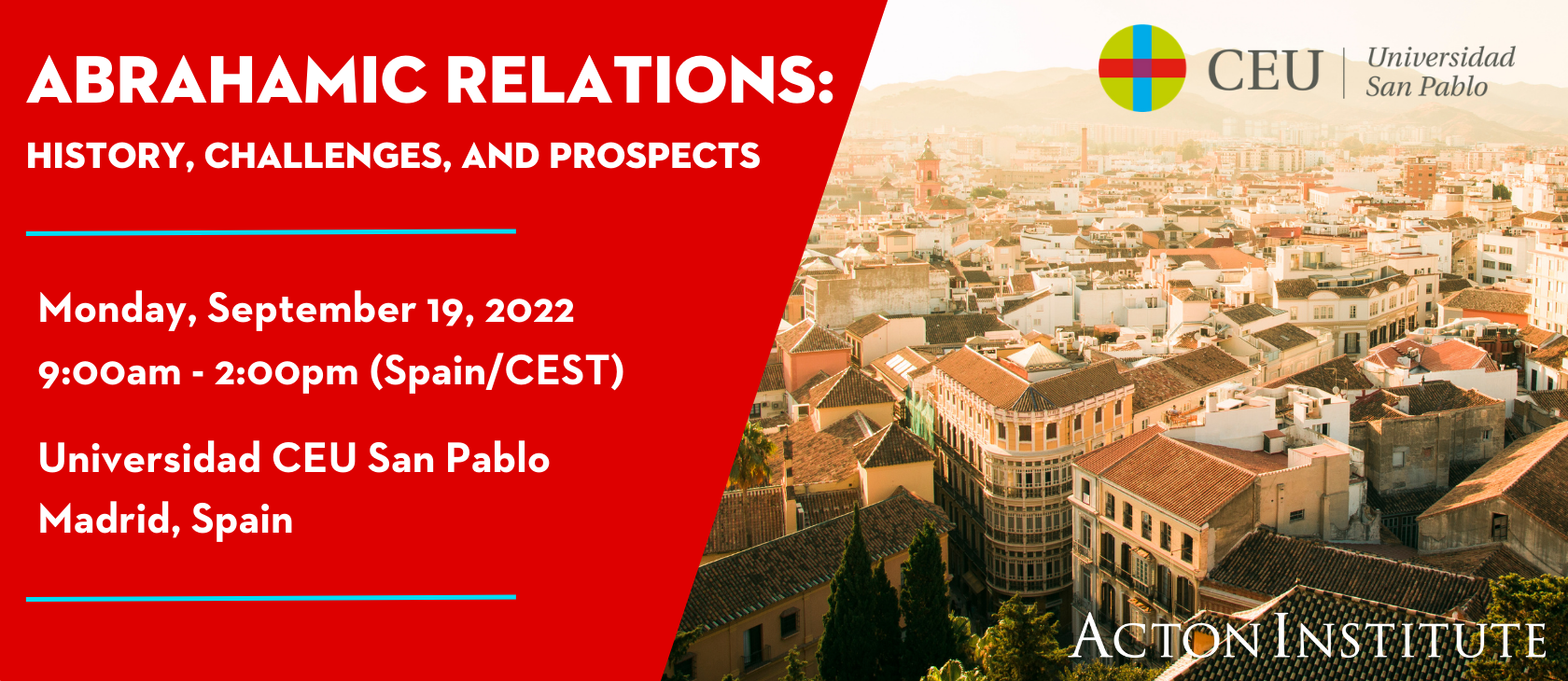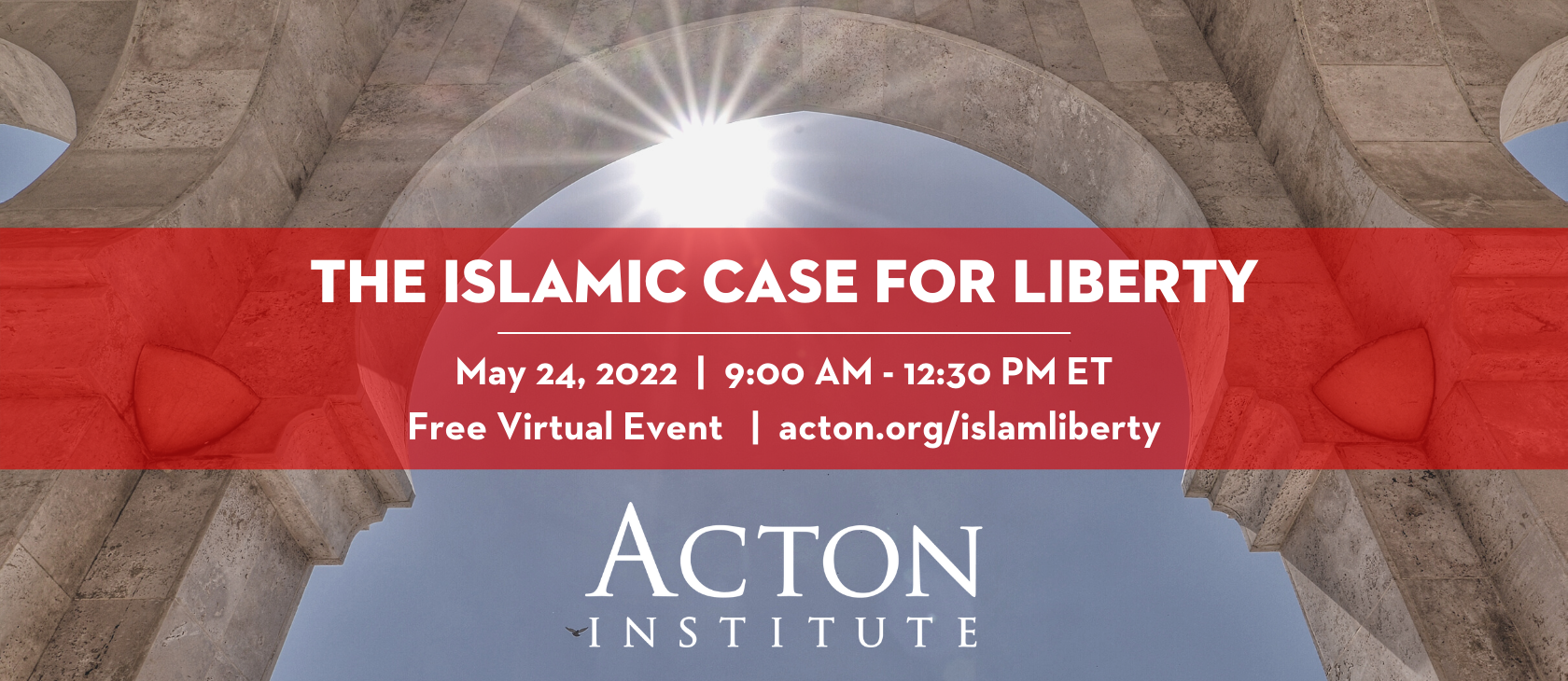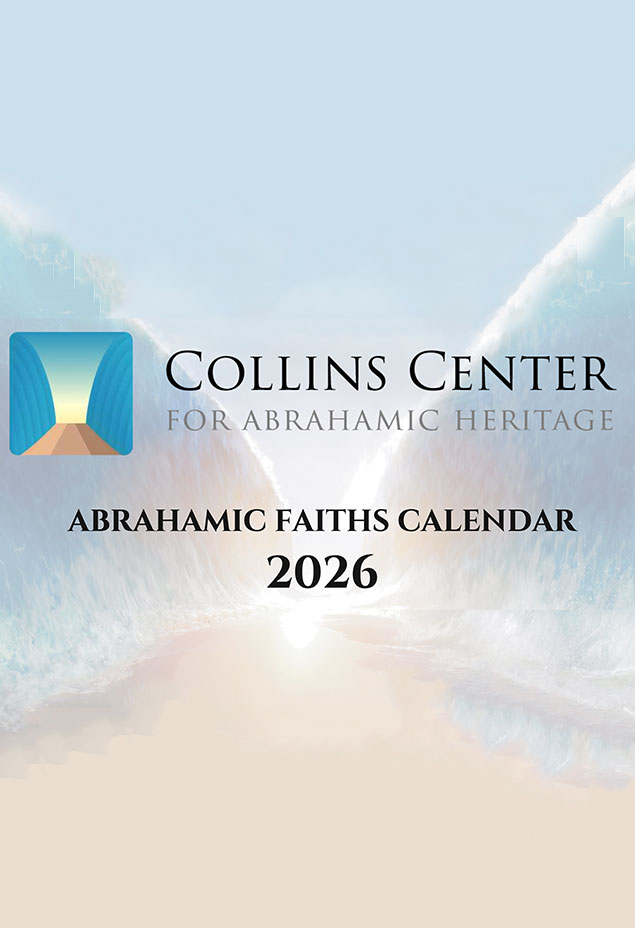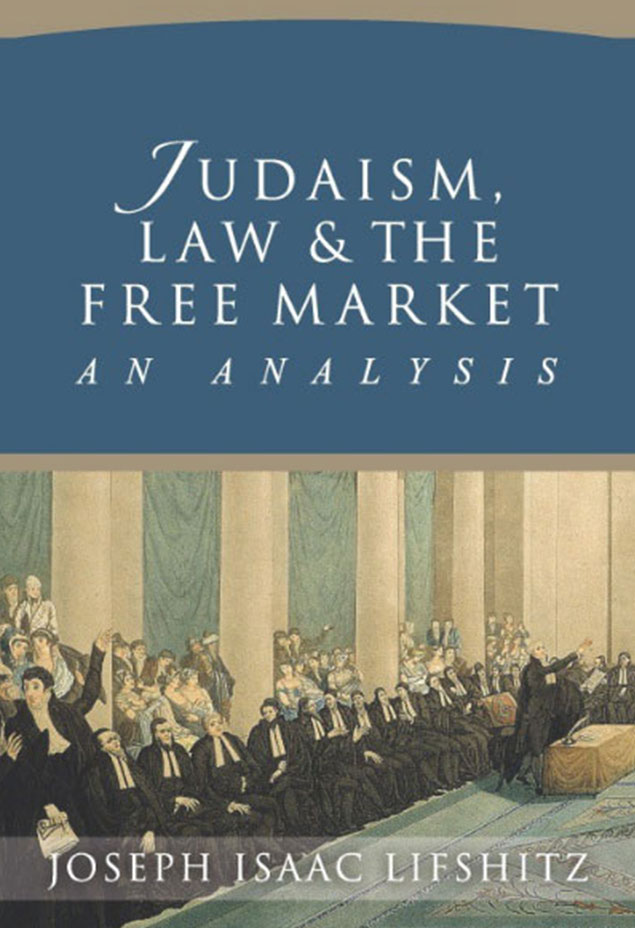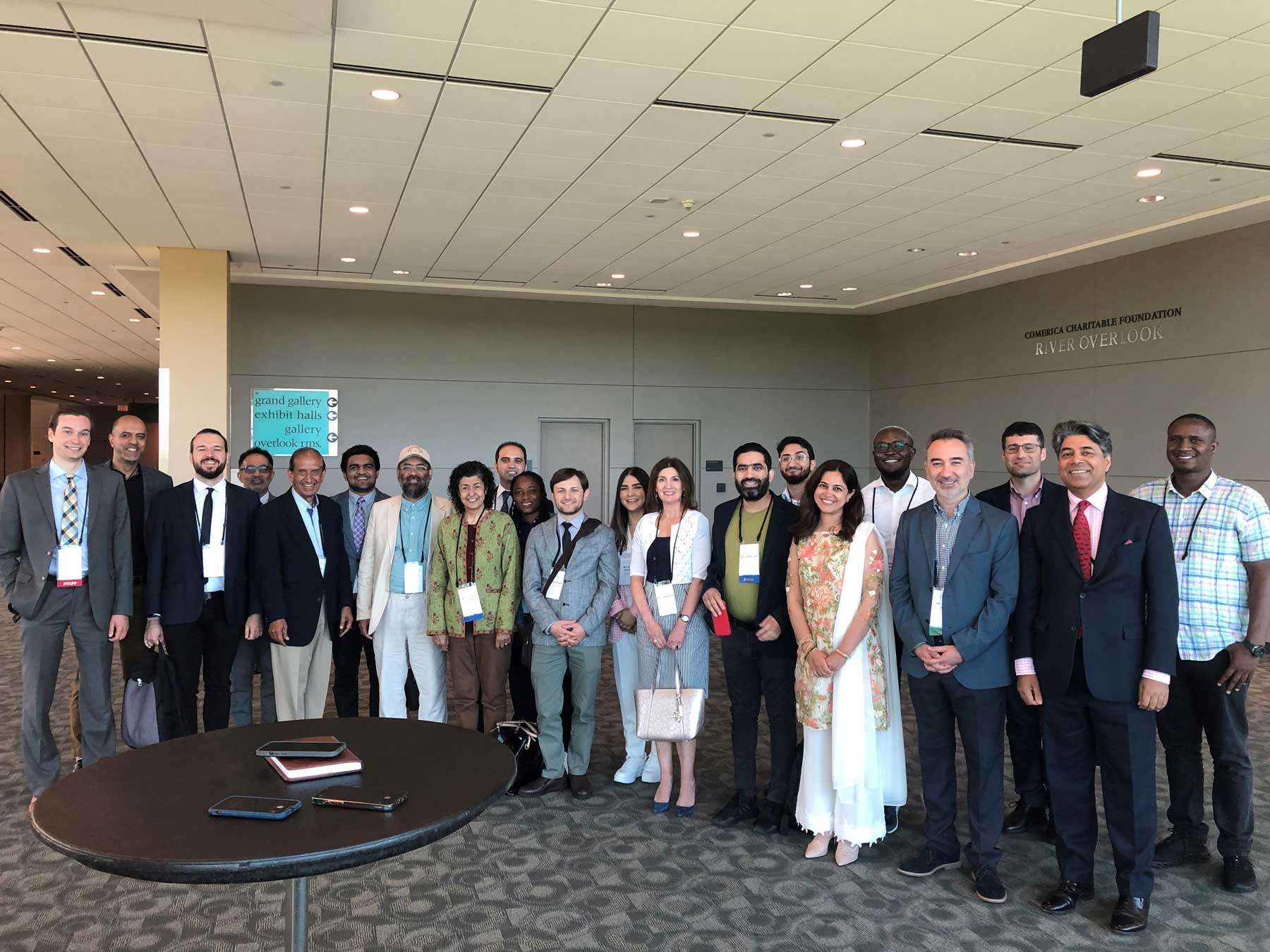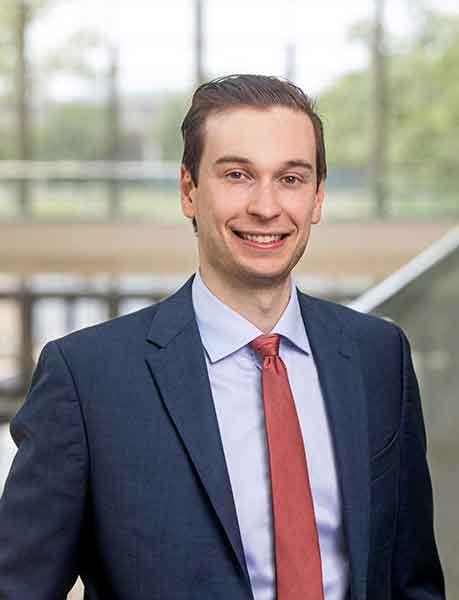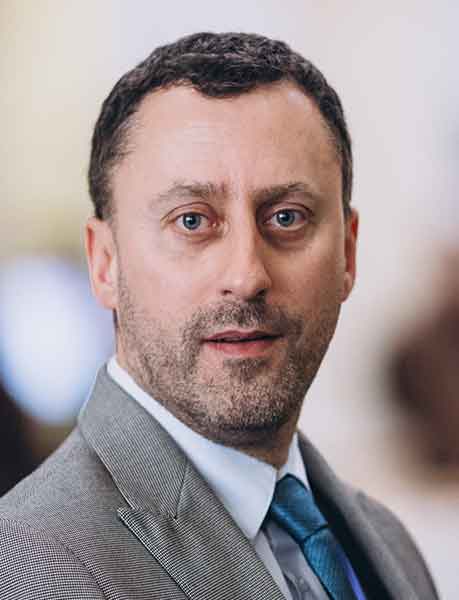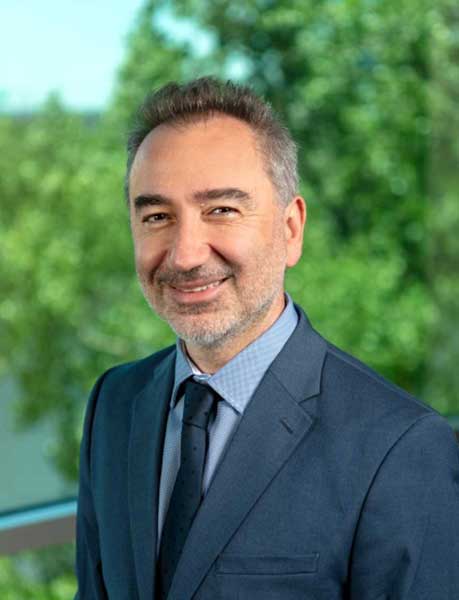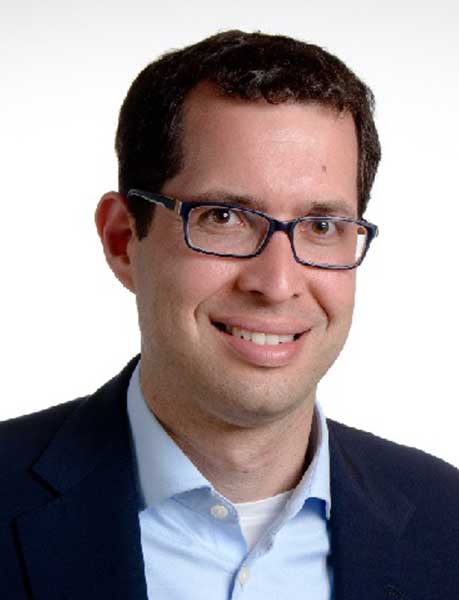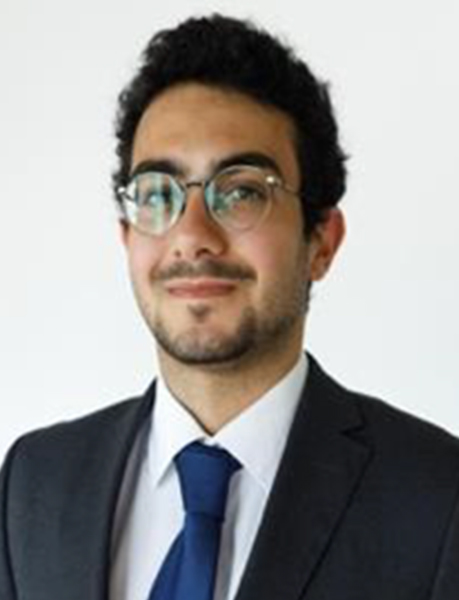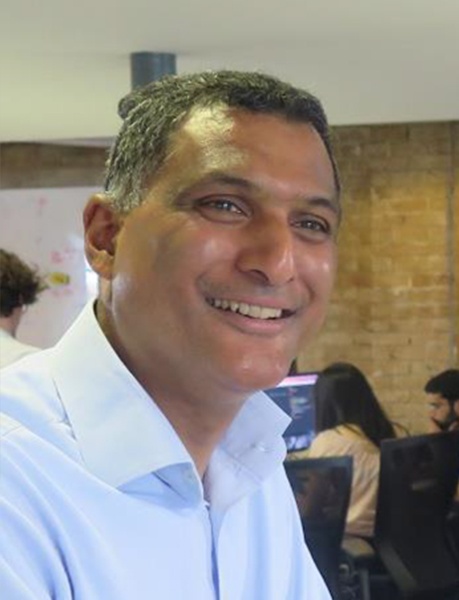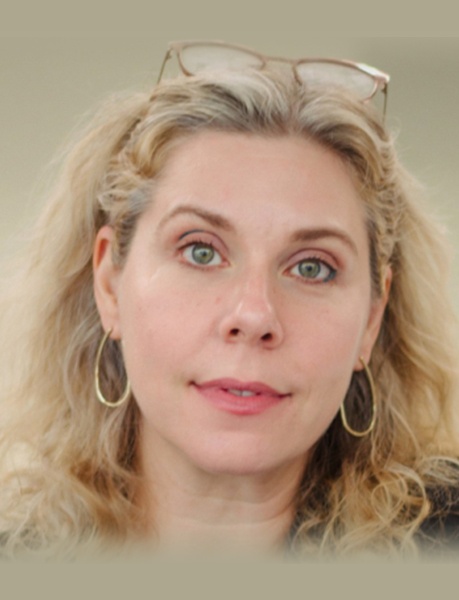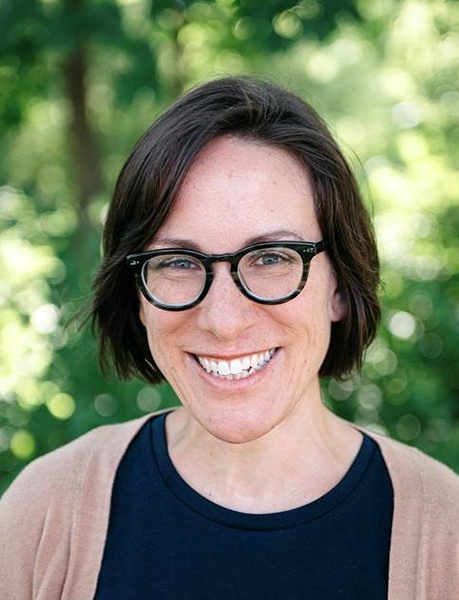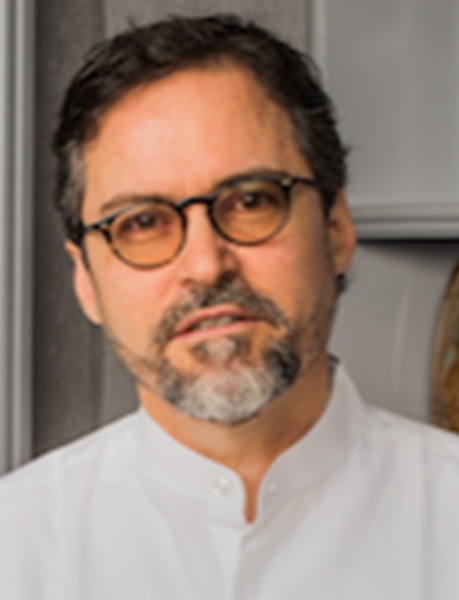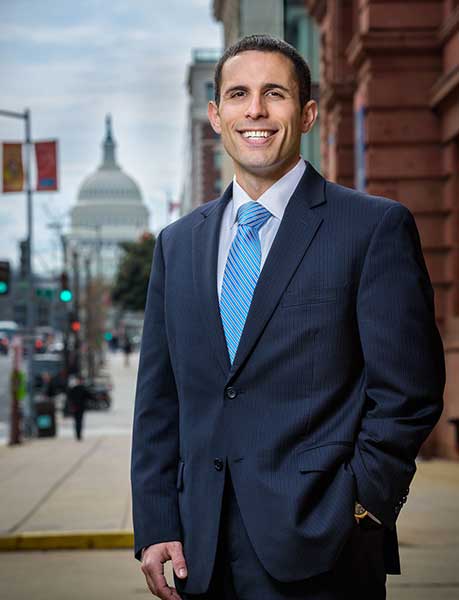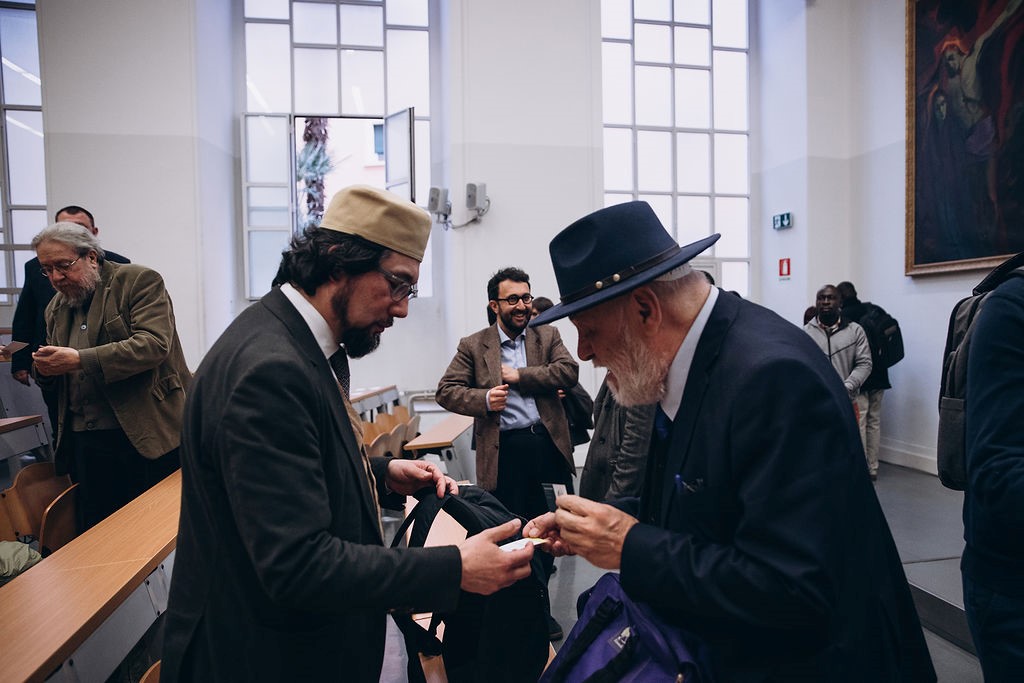About
Today, and throughout history, Judaism, Christianity, and Islam have sometimes been misused to threaten human dignity and the common good. Rather than decrying the role of religion in society, the Collins Center explores the roots of these problems and sees great opportunity to find solutions to better the world from within these religious traditions.
Judaism, Christianity, and Islam have produced many of the greatest thinkers in world history, and these rich intellectual traditions contain insights that maintain great relevance and value to addressing current challenges. Acknowledging both the commonalities and differences between religions, the Collins Center encourages genuine, robust dialogue between scholars and leaders of different faiths.
Founded in 2022 thanks to the generosity of Gilbert I. Collins and family, the Collins Center’s world-class educational programs include creating global networks of religious scholars, international conferences, book publications, and other resources. An initiative of the Acton Institute, the Collins Center diversifies Acton’s audiences and brings principles of a free and virtuous society to thousands of Jewish, Christian, and Muslim leaders worldwide.
